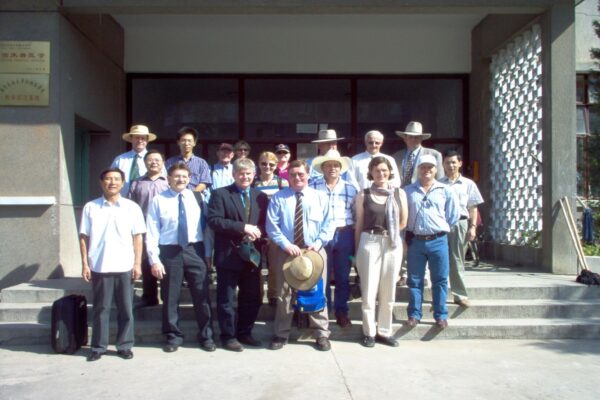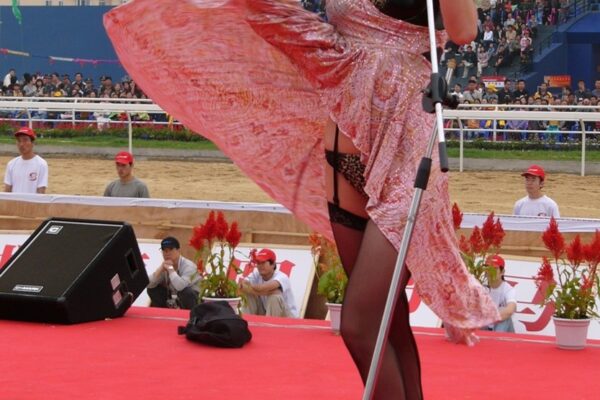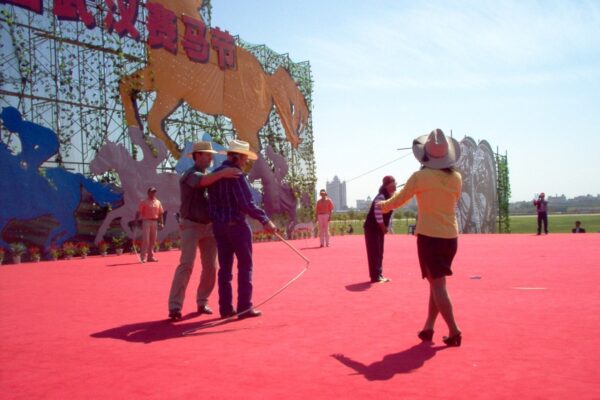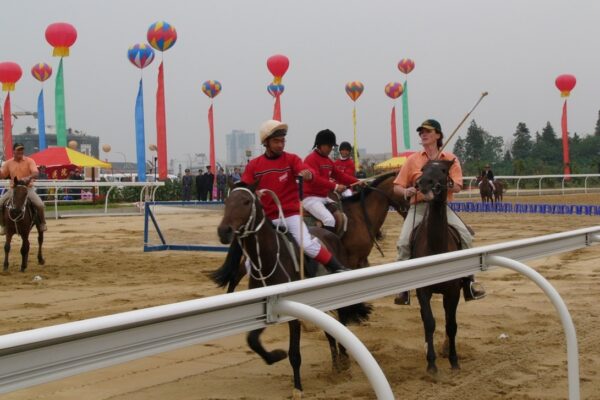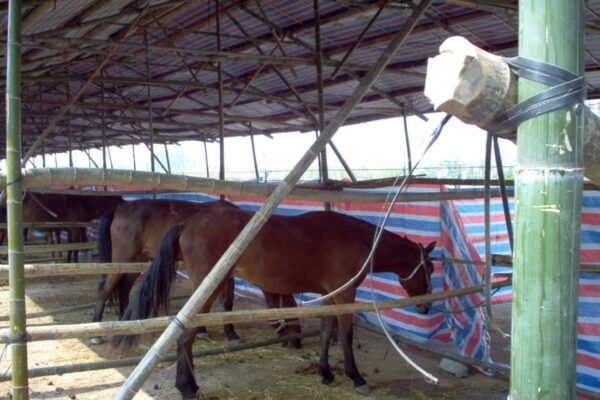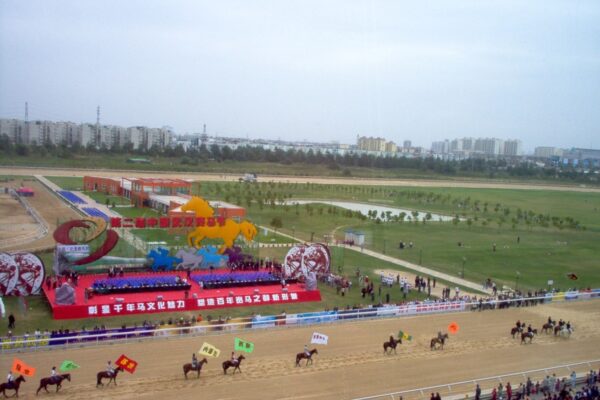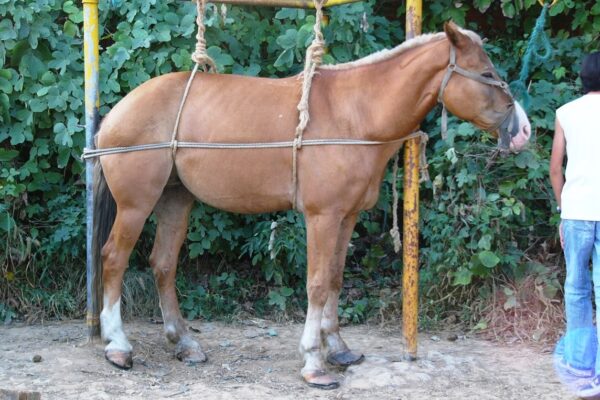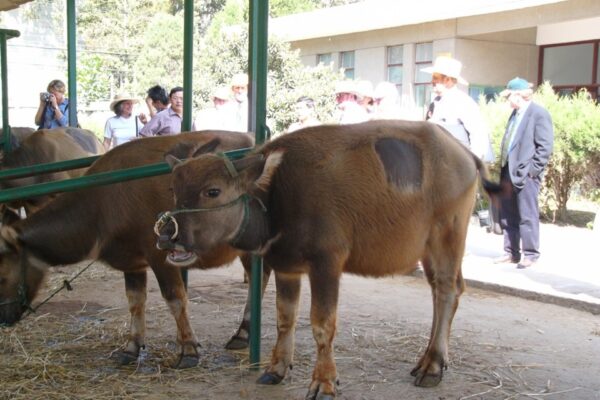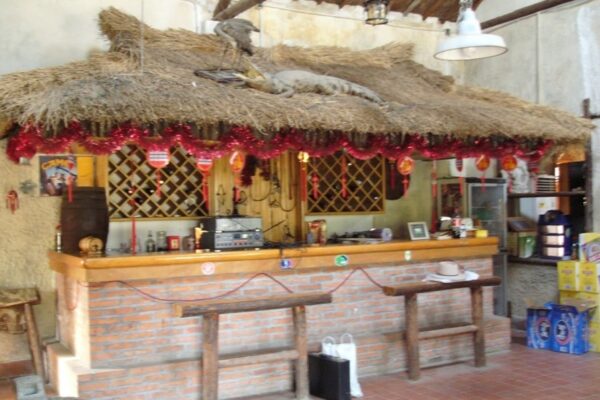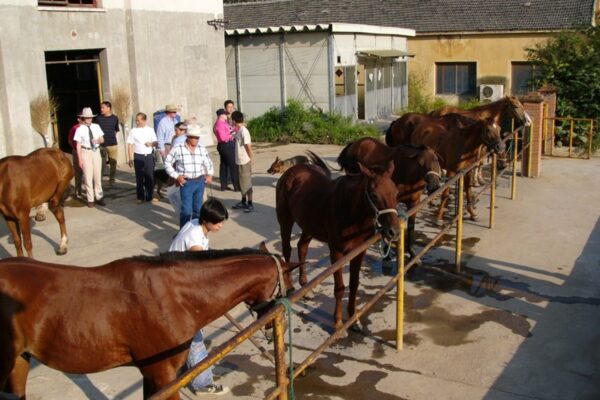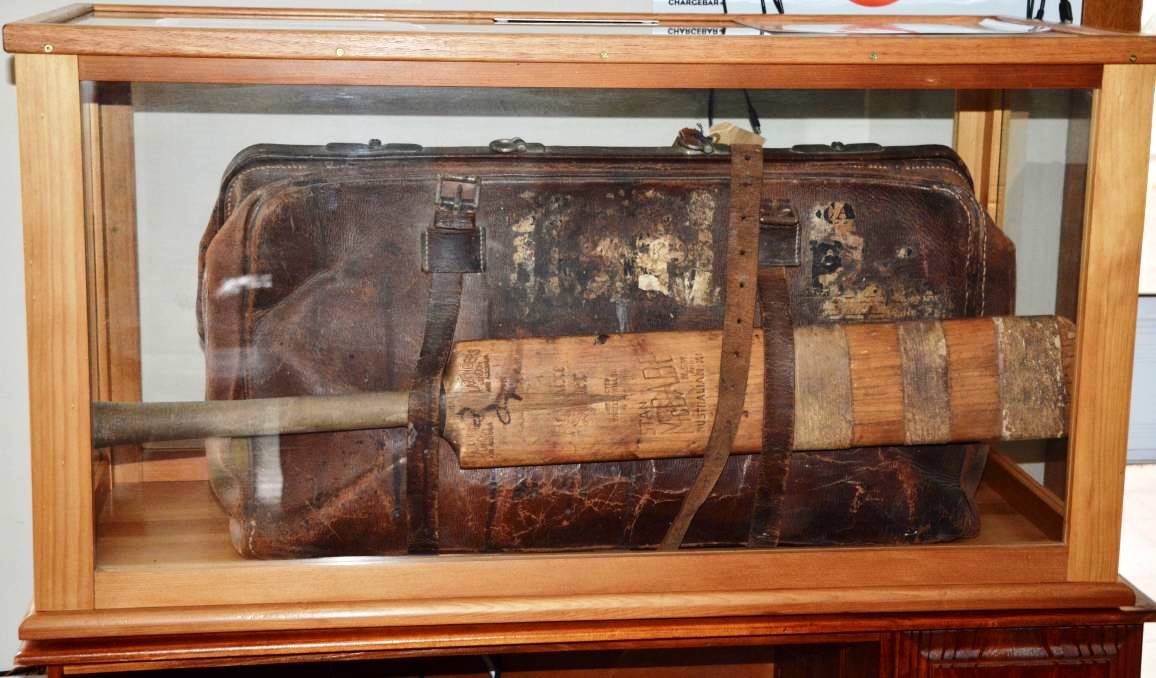Dr Henry ‘Tup’ Scott’s cricket kit bag on display at the Scone Visitor Information Centre
Acknowledge: The Scone Advocate
Featured Image: Dr Henry Scott’s cricket kit bag is now on display for the community to see at the Scone Visitor Information Centre
LOCAL businessman and self-professed cricketing tragic Jason Brooks recently stumbled upon a historical treasure trove in Scone.
During a visit to the Scone and Upper Hunter Historical Society Museum, Mr Brooks couldn’t believe his eyes when he saw, hidden away in the back cellar, Dr Henry ‘Tup’ Scott’s cricket kit bag.
Henry James Herbert Scott (1858-1910) was a cricketer and physician born in Melbourne, however moved to Scone in 1889 when he bought the local medical practice and became government medical officer, public vaccinator and medical officer at Scone Hospital.
Scott was a man of many talents – not only was he a doctor of medicine, he was a magistrate from the early 1890s, mayor of Scone from 1893-97 and 1899-1900, and perhaps the most astonishing, he captained the Australian Cricket team in England in 1886.
That was his second tour of England, after his impressive domestic form for Victoria saw him selected to make the trip in 1884 too.
He was a revelation during that series, most impressively making 102 at The Oval – which was one of four first-class centuries he made throughout his career.
His name is also in the history books for a quirky reason after it was reported he was the first ever player to be dismissed after being caught by a substitute fielder, which was actually his own captain Billy Murdoch, who was filling in for the English.
Scott was appointed captain for the 1886 tour, but fortune was against him with several of the country’s finest players, including former skipper Murdoch, being omitted after a disagreement between Australian and English cricketing authorities.
It was ultimately an unsuccessful campaign and the then 27-year-old remained overseas to pursue his medical career, playing no more top-class cricket.
After his passing, he was honoured with the new Scott Memorial Hospital which opened in Scone in 1913.
“I was there by chance and I’m sports mad so I asked if they had any historical items to do with the cricket,” Mr Brooks explained.
“I went out the back to the old goal, and there it was, hidden away in the cell.
“I collect baggy greens, so I understood who the manufacturers were immediately and I thought, ‘this is amazing’.
“We opened it up and his initials were on the side, and it was actually donated to the historical society by a family member and that tag is on the bag.”
Realising he had struck gold, Mr Brooks called the Upper Hunter Men’s Shed and spoke to John Pratley about fashioning a cabinet for the items to be displayed.
After investigating showcasing them in the Scott Memorial Hospital or Council Chambers, a more central location was finally decided upon.
The Men’s Shed created a beautiful timber framed glass cabinet which is now proudly displaying the contents at the Scone Visitor Information Centre.
John Pratley said he was extremely pleased with the final product.
“The cabinet was made with old timber that came out of the Campbell store,” Mr Pratley said.
“So the timber has a bit of history as well, it’s 100 years old and fittingly it went in to something that’s 100 years old.”
Not only a keen cricketer, Scott was also a keen polo player.
He played in local cricket and polo teams and brought a tiller-steered motor buggy to Scone.
He was former vice-president of the polo club, vice-president of the jockey club from 1898 and an office-bearer in the Scone Cricket Club.
He was worshipful master of Lodge Scone in 1892, 1898 and 1908 and in the 1890s he was active in the administration of the Scone troop of the Australian Light Horse.
Mr Brooks said he believed it was important that Scott’s cricket kit bag was displayed for everyone to see.
“We’ve got a lot of people in Scone that have helped to get this thing to where it is,” he continued.
“We hang our hats on the horses here and we’re a well- known country town but this is something I don’t think everyone knows about.
“It’s a way of bringing us together, it sort of gives us a bit of identity and it also acknowledges a person in our past that made a great contribution to our community.”
